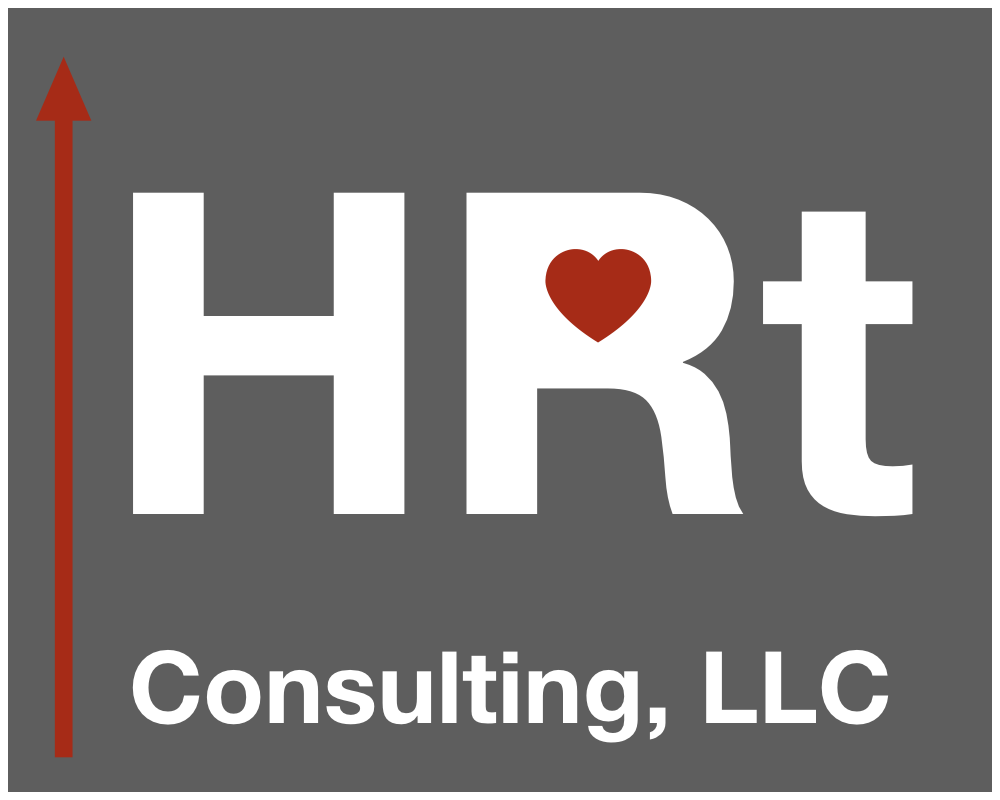The Role of Intuition in Talent Acquisition
Human Resource practitioners have all felt it…that nagging feeling that something was not quite right about the candidate; despite him or her being perfect on paper and nailing the interview. Making it worse, the hiring manager loves the candidate and wants to hire immediately. How do you know when to trust your intuition and put your foot down and not hire the candidate, and when to step back and allow the hiring manager to make a decision contrary to one you might make?
The first step: make sure you prepare the entire hiring team before candidates are even sourced. Skipping this step opens the door to misaligned expectations and the job you are hiring for morphing before your eyes. Ensure that all interviewees agree on the expectations of the role and competencies required for success. Also determine what role each interviewer will have in the process, and what behavioral questions will be asked of candidates to support opinions coming out of the interviewing process.
Even with adequate prep work, don’t shortchange the interview by skipping preparation just before the candidate arrives. I recommend blocking at least 15 minutes on your calendar just prior to the interview so you can center and clear your mind from the day’s earlier challenges. You’ll go into the interview fresh and open and not focused on the previous hours’ activities. During prep time you may want to consider reviewing the list of common interviewer biases such as:
· Stereotyping (having pre-conceived biases of a candidate based on résumé content)
· Allowing your first impressions of a candidate to take over (loving or hating a candidate after 2 minutes)
· Halo and horn effect (picking one thing from the resume or interview and overemphasizing it)
· “Similar to me” effect (preferring a candidate based on tendencies similar to your own)
Make sure you have done your homework by reviewing the résumé, LinkedIn profile, social media, and any notes you may have from a phone screen. As I am well aware of from my own personal experience prepping (or not) for interviews; HR professionals can be just as guilty, if not more, of underpreparing for the interview based on years of experience and comfort with the process.
After the interview, review your notes and summarize your key takeaways. One helpful way to avoid biases is to have all interviewers debrief and share their perspectives together. This is a great way to ensure other perspectives are brought in the room; and your findings may be challenged or confirmed.
With a strong N (intuition) in my Myers-Briggs personality profile, I have to be especially careful that I don’t allow my intuition to overrule evidence to the contrary as I really like to “trust my gut”. This is where debrief sessions help me to see other perspectives. However, if those feelings remain after I have appropriately reviewed the data, checked my thoughts and notes for biases, and listened to other interviewer perspectives, I listen to what my intuition is telling me. I then determine the best way to validate and explain my intuitive feelings. I can say with certainty that when I ignore that gut feeling and the candidate is hired, it is usually a short time before the hiring manager identifies the same warning signals I felt before they were hired.
It is much less painful to upset the hiring manager on the front end of hiring, then it is to help them exit a bad hire from the company. Don’t just check the box for another hire; prepare yourself and don’t be afraid to listen to your intuition when you have evaluated all the facts and data.
Contact HRt Consulting for a free introduction on how we can help your HR teams and business leaders become excellent talent spotters.

